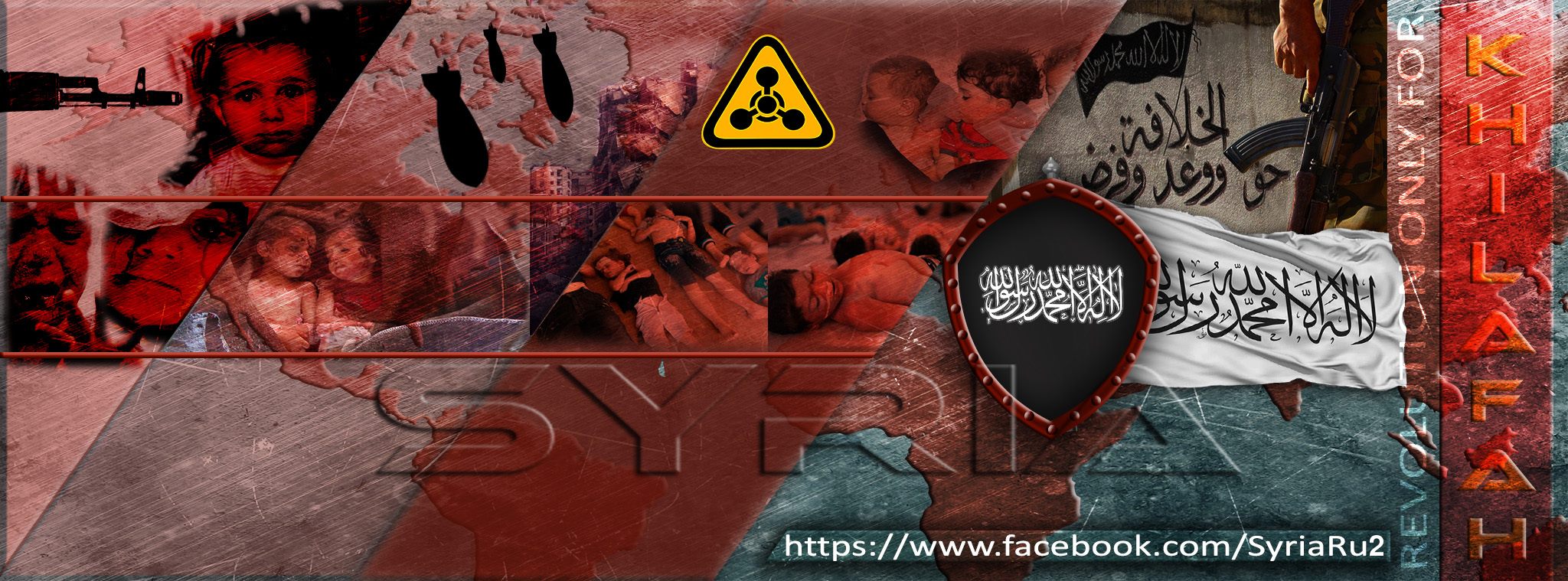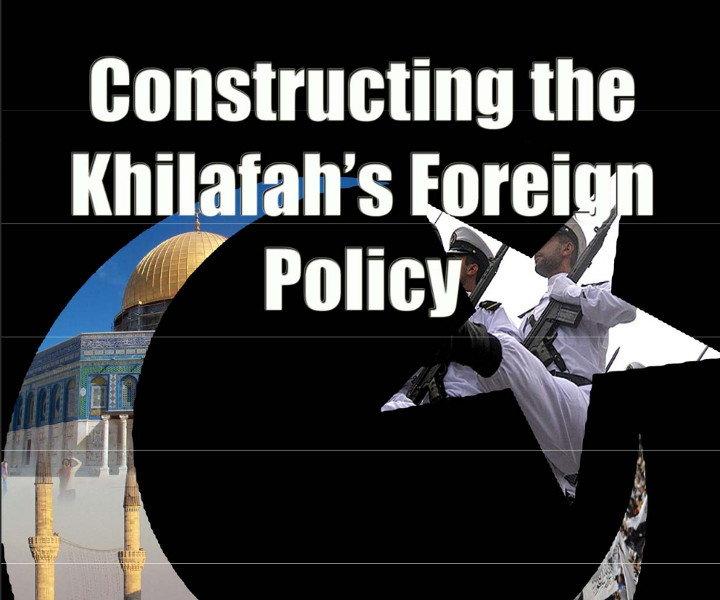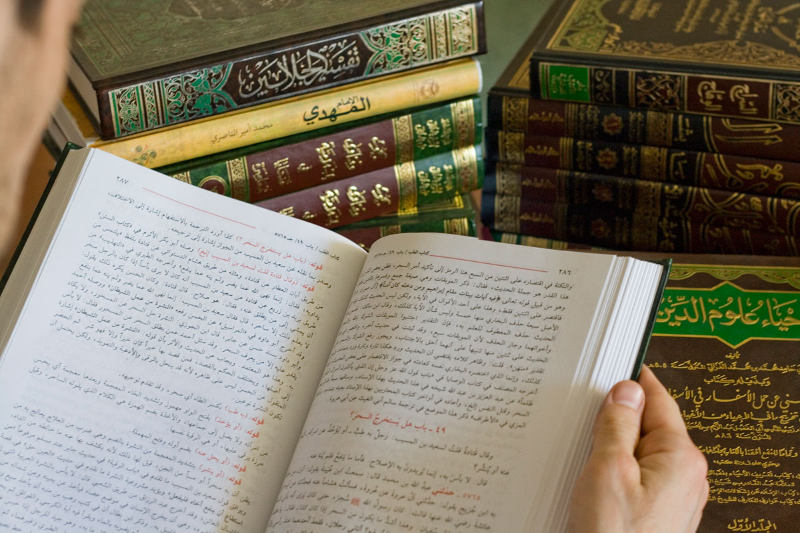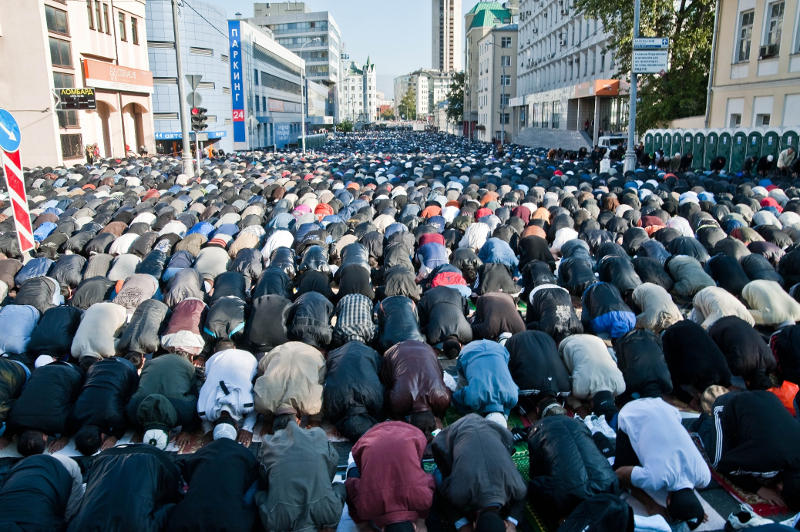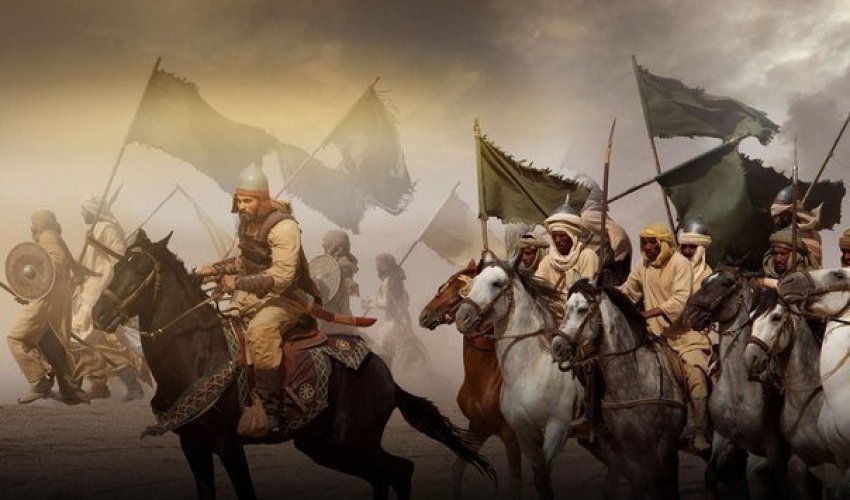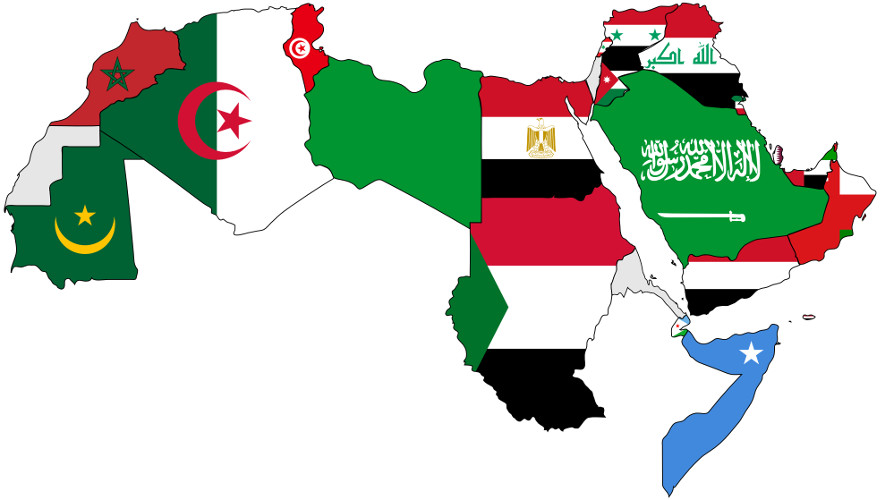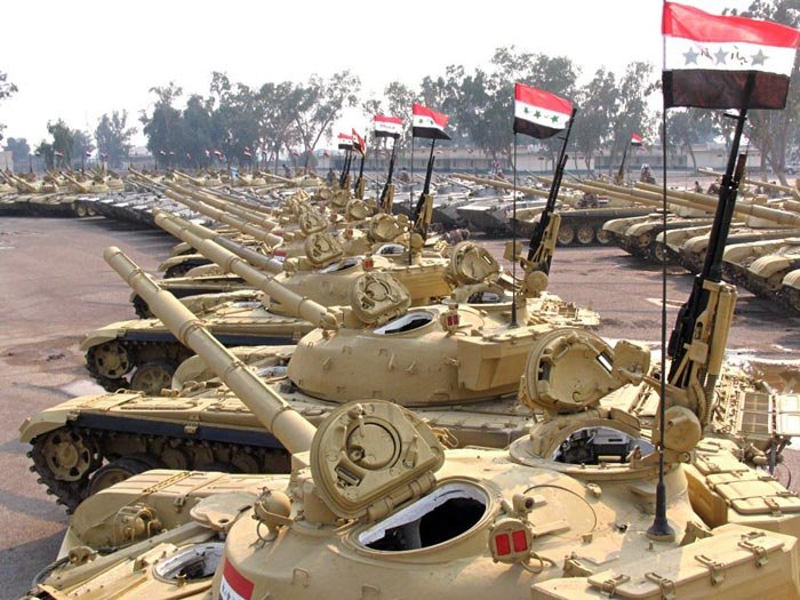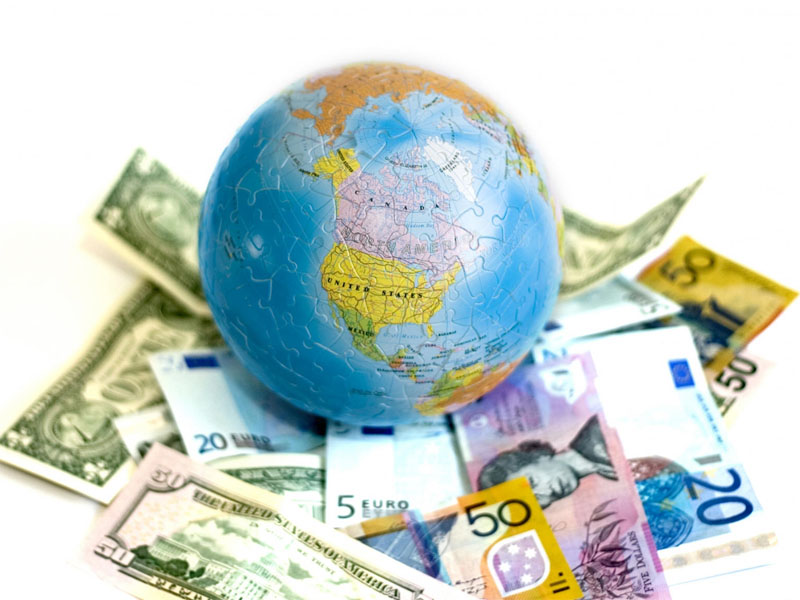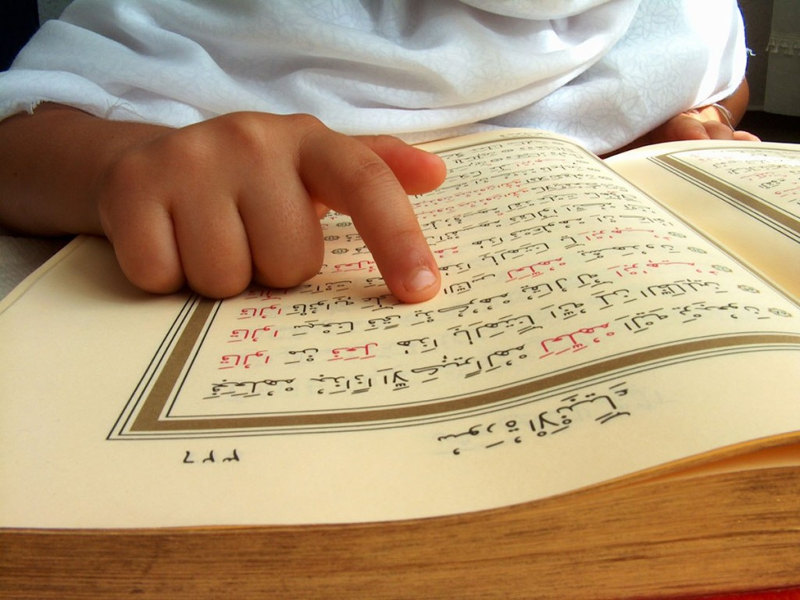Introduction
A nation's foreign policy is one of the most significant factors that determine a nation's shape and architecture.
A nation with a foreign policy whose objective is to trade, only results in an economy that is consumer oriented. As the country itself does not have a military capability, it leaves the economy open to interference by military powers. Countries such as Norway, Sweden, Morocco and the UAE have such a foreign policy. Given most wars are fought over resources and trade, such a policy will never lead to political or economic independence for a nation. President Woodrow Wilson once said: "Is there any man, is there any woman, let me say any child here that does not know that the seed of war in the modern world is industrial and commercial rivalry?"
In today's world where nations have become so interconnected it is impossible to function in isolation of other nations. The Khilafah state does not function in isolation to the rest of the world, this was clearly the case at the time of the Prophet صلى الله عليه وسلم as well as the history of the Islamic state under the Khilafah. Engaging with other states is a necessary and integral part of state policy for which Islam has clearly defined principles and objectives which the Islamic state adopts and implements to ensure that the call to Islam is not stagnant or restricted to the boundaries of the Khilafah state but rather a conscience effort is made to convey the Islamic call to the rest of the world.
International relations - the structure of the relations between the states of the world are central to any nation and its status in the world. Relations between all nations are built upon some basic policies, such polices can be built upon ideological principles whereby both domestic and foreign polices are constructed upon the aims of an ideology. Or in some cases a nation may not have a fixed policy so it is pragmatic using its geographical location, history or religion as a basis to build relations with other states in the world.
Competition between the world's powers is something that has existed from the beginning of time and will continue until the day of judgement. In ancient times Egypt under the pharaohs was the super power and Mesopotamia competed with it. The Roman Empire became the superpower and the Persian Empire competed with it. The Khilafah then defeated the remnants of the Persian and Byzantine empires and was the world's superpower until the 18th century facing challenges from the Mongols and the crusaders during this time. France and England then competed with the Uthmani Khilafah for nearly three centuries until the mid-18th century. On the eve of WW1 Germany shifted the global balance of power, whilst France and Britain competed with it. After WW1 Britain emerged as the worlds power and France competed with it. Germany once again challenged Britain as the world's superpower and only WW2 stopped German hegemony. The US emerged the world's superpower after WW2 and was challenged by the Soviet Union for five decades until its collapse in 1990.
Since the Islamic Ummah is entrusted with carrying the Islamic message to the world, it is indispensable for Ummah to stay in touch with world affairs. The Ummah needs to understand and comprehend the global circumstances, understand its problems, be aware of the motives of different states and nations and pursue the political actions that take place in the world. Therefore, it is essential for all Muslims to understand the reality of the situation of the Islamic world in light of understanding the global international situation. This is vital so polices can be developed to convey Islam to the world.
Any newly emergent nation will need to ascertain who the global powers are, their histories and their policies, based upon this a newly emergent Khilafah can develop policies in order to achieve its objectives in the global political landscape.
The aim of this booklet is to understand the global situation, the nations that have the most influence in the world and the political plans and styles that the world's powers have adopted. This book will attempt to look at how Islam deals with foreign relations and how it can acts as a basis for the future Khilafah in order to deal with the different political realities. As the international situation at any given time is in a state of flux, the current global situation will be used as a basis to develop some guidelines, which could then be used to construct foreign policy positions. As there are many overlapping issues that need to be taken account when constructing a nation's foreign policy, this report has stopped short of presenting foreign policy positions and will restrict itself to presenting a set of guidelines. A series of guidelines to build the Khilafah's foreign policy as well as suggestions on areas for focus will be explored as developing any foreign policy requires an analysis of multiple issues which is beyond the remit of this booklet. As such guidelines are time specific, such positions are the opinion of the author and are liable for change when the international situation changes.

